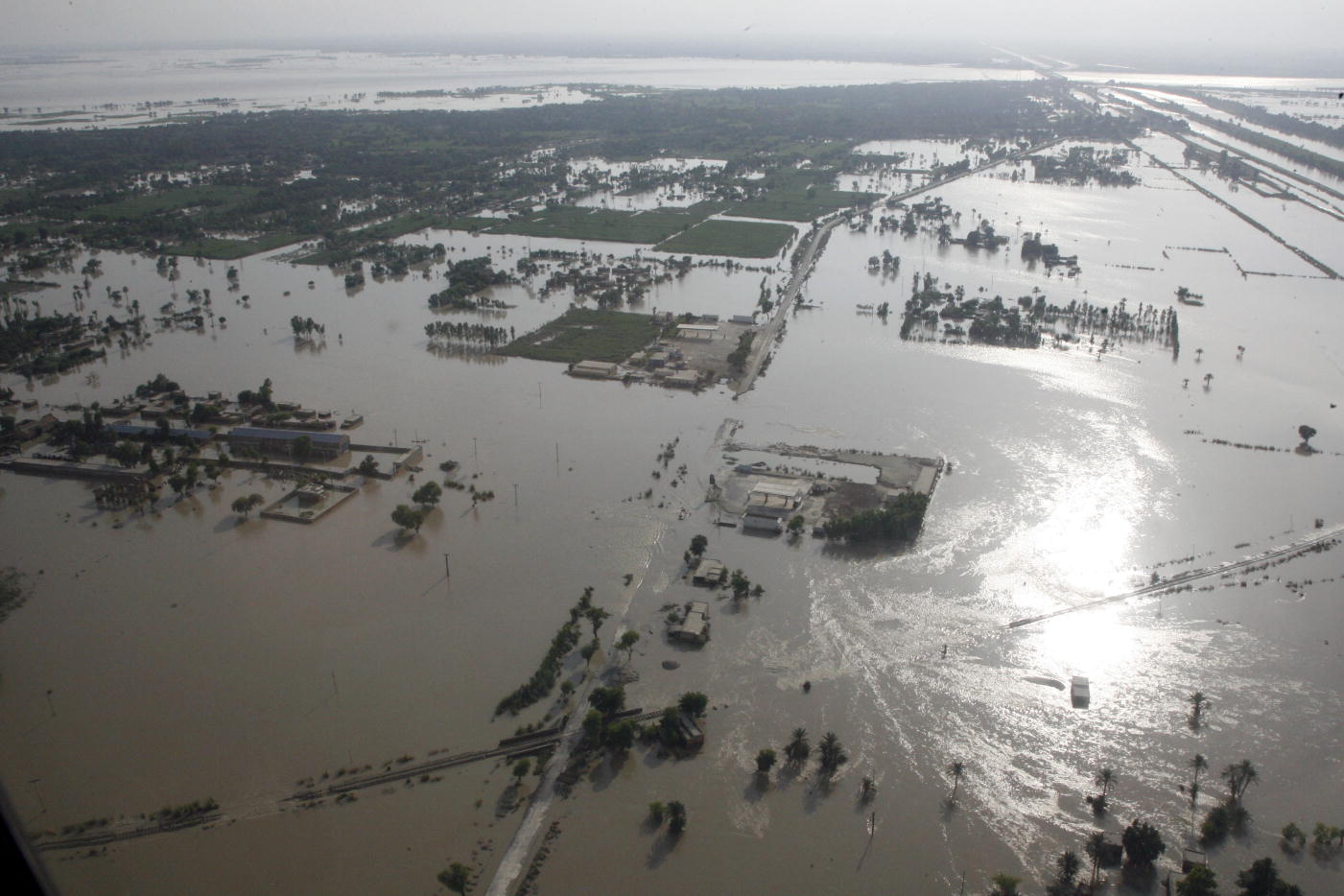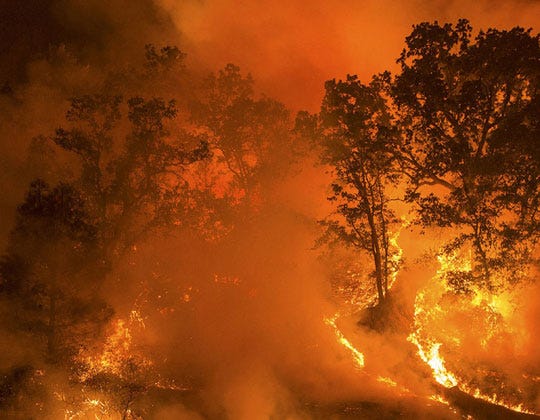
Pakistan's top climate scientists warned on Sunday that one-third of the country could plunge under water before the deadly floods that have thus far killed over 1,000 people begin to recede.
An estimated 33 million people - one in seven - have been affected by the flash floods, since monsoon season began in June.
Almost 300,000 homes alongside critical infrastructure such as roads, crops, and bridges have been destroyed. Nearly 10 million people have been displaced as far-reaching electricity outages affect millions and countless roads have been obstructed.
Pakistan's climate change minister Sherry Rehman referred to the crisis as a "climate-induced humanitarian disaster of epic proportions".
"We are at the moment at the ground zero of the front line of extreme weather events, in an unrelenting cascade of heatwaves, forest fires, flash floods, multiple glacial lake outbursts, flood events, and now the monster monsoon of the decade is wreaking non-stop havoc throughout the country," she said.
The economic impact of the flooding amounts to at least $10bn (£8.5bn) according to Pakistan's Planning minister. As Pakistan was already suffering from a dire economic crisis prior to the flash floods, food shortages have been exacerbated.
Damage to the rich agricultural land in the country has damaged food supplies and caused prices to soar.

Pakistan produces less than 1% of global greenhouse gas emissions but ranks consistently in the top 10 countries most vulnerable to the effects of climate change.
Although a range of factors contribute to flooding, the chance of extreme rainfall is made all the more likely as a result of a warming atmosphere caused by climate change.
Since the beginning of the industrial era, the world has warmed by about 1.2C. In 2018, a landmark report by the UN climate panel underscored how an increase above 1.5C could produce far more severe and irreparable damage.
In August 2021, the UN appointed Inter-governmental Panel on Climate Change (IPCC) published its report which higlighted that the world would exceed a global temperature increase of 1.5°C, the stated target of the Paris climate agreement, during this century. The report further warns that unless steps were taken to reduce emissions to zero, global temperatures would likely surpass 2°C.
At this stage, “compound” events, such as deadly heatwaves and killer droughts occurring at the same time in the same location, are more likely.
Read more.


